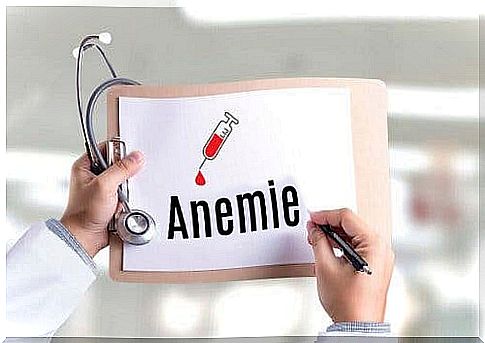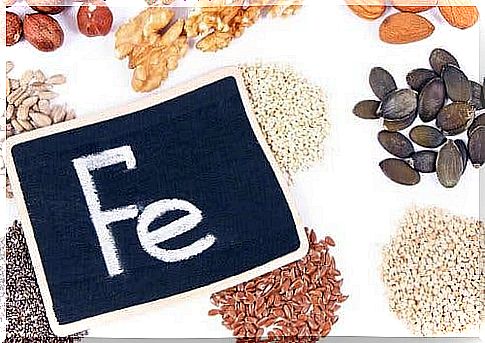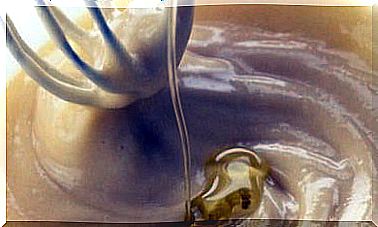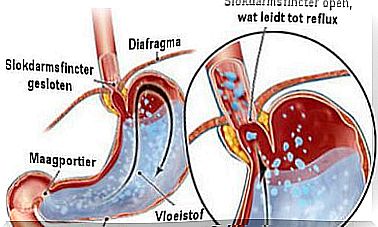Anemia And Iron Deficiency: Are They The Same Thing?

Although the terms ‘anemia’ and ‘iron deficiency’ are often confused, the fact is that they are not the same. Yes, it is true that there is a link between a certain type of anemia and iron deficiency anemia, but they cannot be used synonymously.
In reality, anemia is a heterogeneous disease that can have several causes. While iron deficiency is one of them, there are other types that are caused by disturbances in red blood cell or hemoglobin production.
It is important to know that iron is part of the hemoglobin in red blood cells. It helps carry oxygen to all the cells in your body that need it to perform their vital functions.
Both situations are related in some cases, but not all types of anemia have iron deficiency. In this article, we explain why anemia and iron deficiency are not the same and how to tell them apart.
How do you distinguish between anemia and iron deficiency?
To distinguish between anemia and iron deficiency, it is important to know what each is and why it occurs. We already mentioned that iron is an essential part of red blood cells to transport oxygen.
You get iron from your diet and some foods have more iron than others, we know that. That means, in the first place, that certain eating habits, such as being vegetarian, can cause iron deficiency.
This is because red meat and fish are both iron rich. Another reason is that you may have a problem with iron absorption. Certain pathologies that affect the digestive tract, such as celiac disease, alter the process of nutrient absorption.
Now let’s talk about anemia. This is defined as a decrease in the number of red blood cells, a decreased hemoglobin concentration or a low hematocrit value.
It is therefore important to mention that anemia can have many causes. Iron deficiency is one of them. This affects the hemaglobin concentration. However, you cannot interchange these two terms.

Types of Anemia
As we have seen, anemia and iron deficiency are related to a certain type of anemia: iron deficiency anemia. This is the most common type of anemia and mainly affects women of childbearing age.
It is a condition characterized by low iron levels, which affects the correct hemoglobin production of the bone marrow. This deficiency, in turn, can have many causes, such as:
- Blood loss. This is more common in women due to menstruation. It can also be the result of bleeding due to injury.
- Digestive problems such as a stomach ulcer or diseases that affect intestinal absorption.
- colon cancer. Although it is a rare cause, it is important to be aware of it. Colon cancer causes blood loss that hides in the stool. Often the first symptom is anemia and iron deficiency.
On the other hand, it is important to know that there are many other types of anemia. For example, aplastic anemia is when the body is unable to produce enough red blood cells. It can be caused by a change in the bone marrow, an infection, or certain medications.

Other Anemias
Deficiency of certain vitamins, such as vitamin B12, can alter the production of red blood cells. This is a common condition in people with chronic alcoholism. Another common cause is suffering from a chronic inflammatory disease, such as rheumatoid arthritis.
In addition, anemia can also be the result of a carcinogenic process that affects the blood, such as leukemia. It could even be hemolytic anemia, where the problem lies in the body destroying red blood cells faster than it makes them.
In short, anemia and iron deficiency are not the same thing
The point here is to understand that although these conditions are often used synonymously, they are not the same conditions. Only one type of anemia, iron deficiency anemia, which is also the most common, is associated with iron deficiency.
Many other types of anemia are the result of other processes. The most important thing is to arrive at a diagnosis in order to start the right treatment. Not all anemia improves by taking iron as a supplement. A medical specialist must therefore determine which steps each patient should take.









